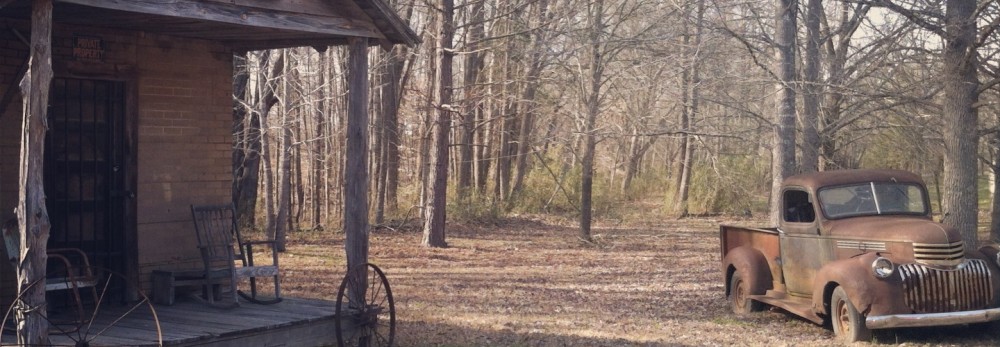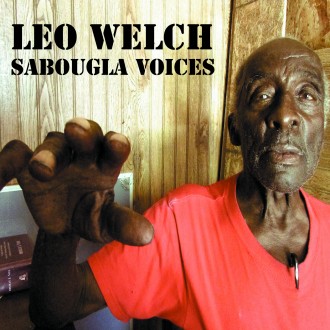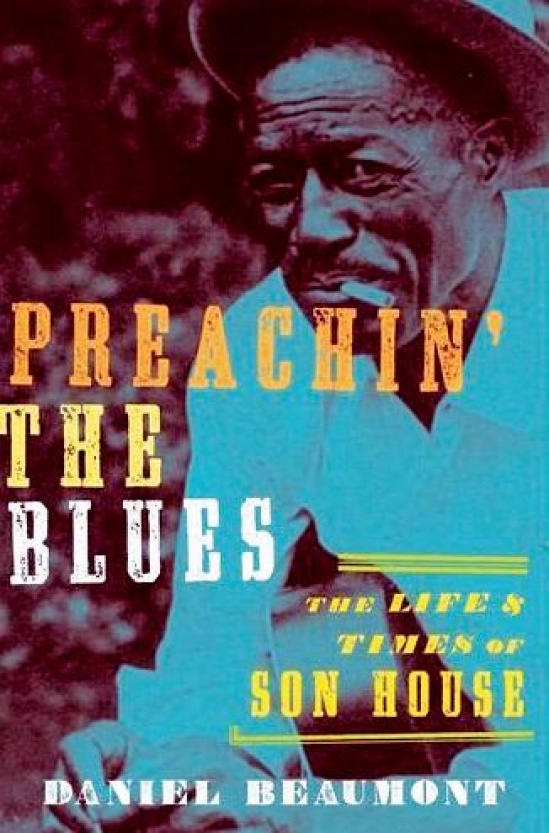Leo “Bud” Welch: SABOUGLA VOICE Big Legal Mess/Fat Possum
For Fans of: Junior Kimbrough, R.L. Burnside, The White Stripes, Rev Louis Overstreet
Guitarist Leo “Bud” Welch was born in Sabougla, Mississippi in 1932. A natural musician, Leo taught himself to play the guitar by learning songs off the radio. As soon as he built up a small repertoire he began performing at parties and local juke-joints. Unfortunately work as a musician was inconsistent and even though he was incredibility talented he was unable to make a living playing music. In order to make ends-meet Leo ended up taking a job as a logger and had to resort to playing music only when he had free time. Then in 1975 Leo switched from playing Blues to playing Gospel. He started performing in churches all over Mississippi and even began hosting a local Gospel Television show. Even though he now considered himself a Gospel musician he still kept in touch with the local Blues scene. As time went on he heard that Blues musicians like Junior Kimbrough were having late-in-life success working with Fat Possum Records. Inspired by this he called up the label and requested an audition. Label owner Bruce Watson agreed to hear Leo play and ended up signing him on the spot. Now thanks to the good people at Fat Possum and Big Legal Mess Records the world finally gets to hear one of the treasures of Mississippi, guitarist Leo Welch.
The album is called Sabougla Voices and the music on it is honest no-frills Mississippi Gospel. Throughout the albums ten tracks Leo’s plays the guitar with the energy of someone half his age. Songs like “Praise His Name” and “You Can’t Hurry God” are upbeat and show us the lines between Blues and Gospel are blurry at best. In fact, if you were to change a few lyrics, these songs could easily be for Saturday night instead of Sunday morning. Another standout track on the record is the acoustic “Me and My Lord”. Sounding a little like Pops Staples, Leo does call and response with his backup singers while playing acoustic guitar. This song is given an extra push by Leo’s backing band which shows it’s professionalism by settling into a nice groove and not over playing.
Even though all of the music on Sabougla Voices is solid, the album’s strongest track is easily the slow and eerie blues tune “A Long Journey”. Beautifully recorded, this song is about accepting the fact that death is part of life. That being said, hopefully Leo will be still be around for a long time as he deserves to enjoy every minute of his new found success! He’s got gigs booked across the U.S. this summer and is even scheduled to perform in Europe! Not bad for someone that at one point had to turn down an audition with B.B. King because he couldn’t afford to travel to Memphis. This album is excellent and belongs in your collection.



